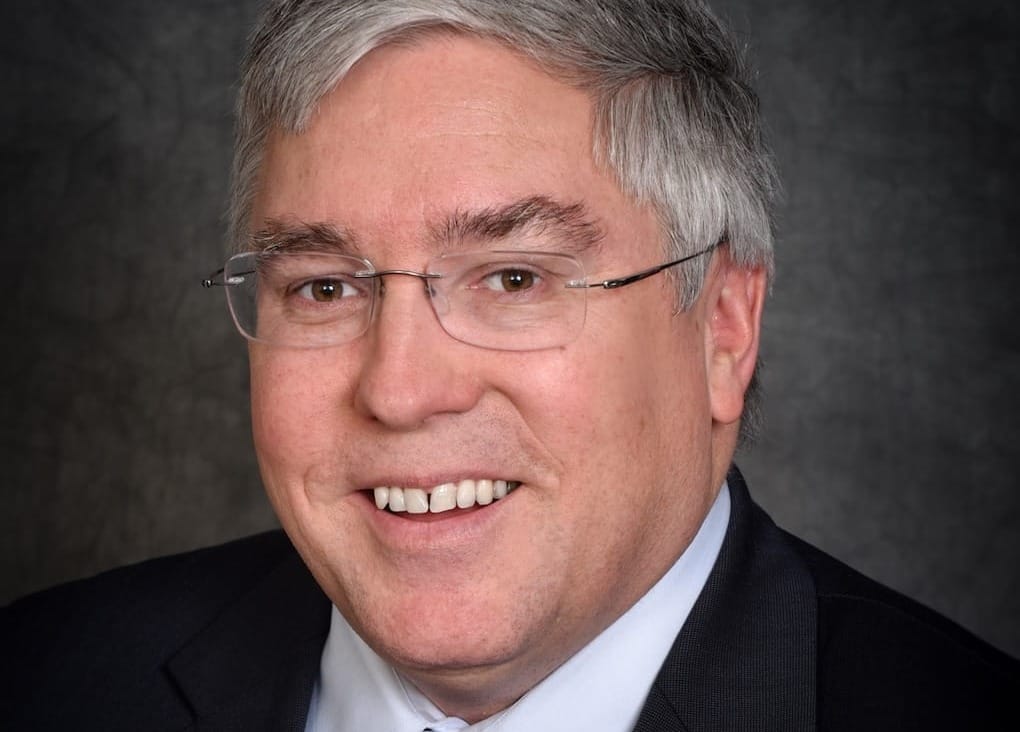GOP Attorneys General Ask Supreme Court to Take USF Case
They want justices to find the Universal Service Fund unconstitutional.
Jake Neenan

WASHINGTON, Oct. 24, 2024 – A group of 15 Republican attorneys general Wednesday joined those asking the Supreme Court to take up the question of whether the Universal Service Fund is unconstitutional. They want justices to find that it is.
The USF spends about $8 billion annually subsidizing rural broadband networks, plus internet discounts for low-income households, health care centers, and schools and libraries. Managed by the Federal Communications Commission, it’s funded by fees levied on interstate voice revenue with the accounting delegated to a nonprofit set up by the agency.
“Make no mistake: Amici States recognize the goal of securing universal telecommunications service is laudable. Congress can and should find a way to provide these services for everyone,” the states wrote.
But they argued “Congress needs to be the one to act here, not a private band of unaccountable industry participants. The Court should grant the Petition to say so.”
The Fifth Circuit in July broke with two other federal circuits and ruled that the USF’s funding scheme unconstitutionally took taxing power away from the legislature. Consumers’ Research, a conservative nonprofit, had been repeatedly challenging the fund on two fronts, arguing that Congress didn’t put enough guardrails on the FCC when it stood up the USF in 1996 and that the FCC improperly delegated duties to the Universal Service Administrative Company. The court didn’t rule on either issue, but found the combination of them effectively illegal.
The government appealed to the Supreme Court last month, asking justices to side with them on all three questions, the two initially raised in the challenge and the Fifth Circuit’s new combination finding.
Consumers’ Research also asked justices to weigh in, as they did when the Sixth and Eleventh Circuits sided with the FCC.
Trent McCotter, counsel for Consumers’ Research, said earlier this month the group ultimately wants the high court to target the underlying statute, the Telecommunications Act, and expand the nondelegation doctrine, which would make it harder for Congress to delegate broad authority to federal agencies. The Supreme Court’s conservative majority has been chipping away at agency power in recent years and, he noted, some of those justices have explicitly contemplated reinvigorating the nondelegation doctrine in past dissents.
The state AGs agreed.
“The [nondelegation] doctrine has morphed into an anemic version of its original self,” they wrote. “And agencies are unleashed. The Court should grant the Petition to reinfuse the doctrine with clarity, energy, and meaning.”
Led by West Virginia Attorney General Patrick Morrisey, attorneys general from Alabama, Arkansas, Indiana, Kansas, Louisiana, Missouri, Montana, Nebraska, Ohio, Oklahoma, South Carolina, Tennessee, Texas, and Virginia, West Virginia signed on to the brief, plus the Arizona State Senate Majority Leader, also a Republican.
“The Court should take this statute up,” they wrote. “This case can and should serve as an excellent signal to other agencies (and Congress) about what it means to go too far.”









Member discussion